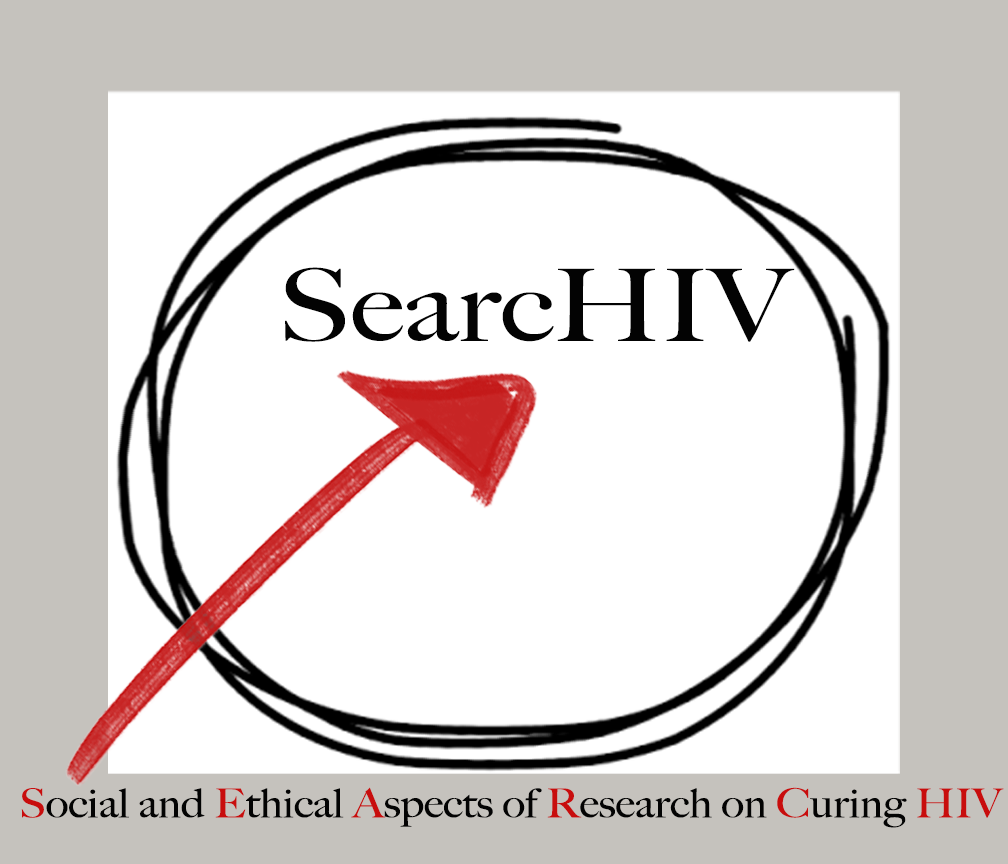Written by: Theresa Rossouw
HIV is a devastating diagnosis. This is true even today, more than 30 years after the discovery of the virus. The reasons are complex but were probably best vocalized by Edmund White:
“The AIDS epidemic … involves, all at once, the main themes of our existence: sex, death, power, money, love, hate, disease and panic.”[1]
The early years after HIV was discovered were epitomized by an attitude of “no cure, no successful treatment, no hope”.[2] The advent of successful antiretroviral therapy changed the face of the epidemic and stemmed the tide of death and disability the virus had unearthed. The success of treatment is, however, curtailed by the need for lifelong therapy and impeccable adherence, and the ever-present threat of treatment failure and drug resistance. So today, the focus has shifted to the Holy Grail: a cure. Highly publicized cases of the ‘Berlin patient’ and the ‘Visconti cohort’ have made what had seemed impossible for years now appear tangibly close. The initial excitement has, however, been substantially subdued by the subsequent failure of bone marrow transplants to effect a cure and the discovery of replicating HIV in the ‘Mississippi baby’, initially thought to have been cured by very early antiretroviral treatment. It has become clear that a ‘sterilising cure’ (where the infection is eradicated from the body) might not be attainable and that the best that can be hoped for might be a ‘functional cure’ where patients are still HIV-infected, but viral replication remains suppressed in the absence of treatment.
The relative inaccessibility of the concept of a ‘functional cure’ to the general population has sparked debate about the appropriate terminology to be used in HIV “cure” research. Some have suggested that ‘remission’ might be one such term (see earlier blog post by Joseph Tucker). The word ‘remission’ immediately invokes allegories of cancer and there certainly are analogies between envisioned HIV “cures” and cancer “cures”. For instance, cancer is often not cured (in the sense of a sterilising cure) but can be controlled to the extent that disease markers become undetectable, akin to an undetectable HIV viral load. The word ‘remission’, however, warns that the cancer has not been eradicated, but has merely subsided and could return at any time and, much like with HIV, necessitates on-going vigilance and testing.
Yet, despite these similarities, my immediate reaction to the term “remission” in the context of HIV “cure” research is that it is inappropriate. Perhaps because of the early, painful images of HIV-infected people dying with and of the disfiguring and stigmatizing Kaposi’s sarcoma: images such as those depicted in the movie ‘Philadelphia’ where the lead character loses his job after he is unable to hide the Kaposi’s lesions on his face. In the early days, this cancer was the hallmark of HIV, irrefutable and public evidence of infection, of an ostensibly risky and frowned-upon lifestyle. In addition, HIV-infected persons have a significantly increased lifetime risk of AIDS- and non-AIDS-defining cancers and the term ‘remission’ might be confusing for patients who develop such a co-morbid condition.
Finally, my reaction might also stem from the very reason that lends the term its appeal: its immediate association with cancer. HIV is already a much-feared disease and to compare its treatment, albeit with the best possible intentions, with that of another dreaded disease might elicit unintended psychological harm, such as fear and anxiety. It seems unnecessary to add such a burden to people who are already living with a chronic life-threatening disease. We know that HIV-infected individuals are more likely to suffer from psychological distress or mental illness than the general population [3] and we should take care not to exacerbate this. I therefore think the search for an appropriate term should continue until we have found one that is understandable, unambiguous and uncontested.
References:
[1]. White E. ‘States of Desire: Travels in Gay America’ (afterword to 1986 edition). Available from: http://www.quotes.net/quote/18907. [2]. Jones O. Can this HIV drug help to end 30 years of blighted lives? The Guardian, Monday 29 September 2014. http://www.theguardian.com/commentisfree/2014/sep/29/new-hiv-drug-truvada-gay-men-us-nhs. [3]. World Health Organisation. HIV/AIDS and mental health. Report by the Secretariat. 20 November 2008. www.who.int

One Response to “Reflections on the Word “Remission” in HIV Cure Research”
Language Used in HIV Cure Research
[…] Reflections on the Word “Remission” in HIV Cure Research by Theresa Rossouw […]